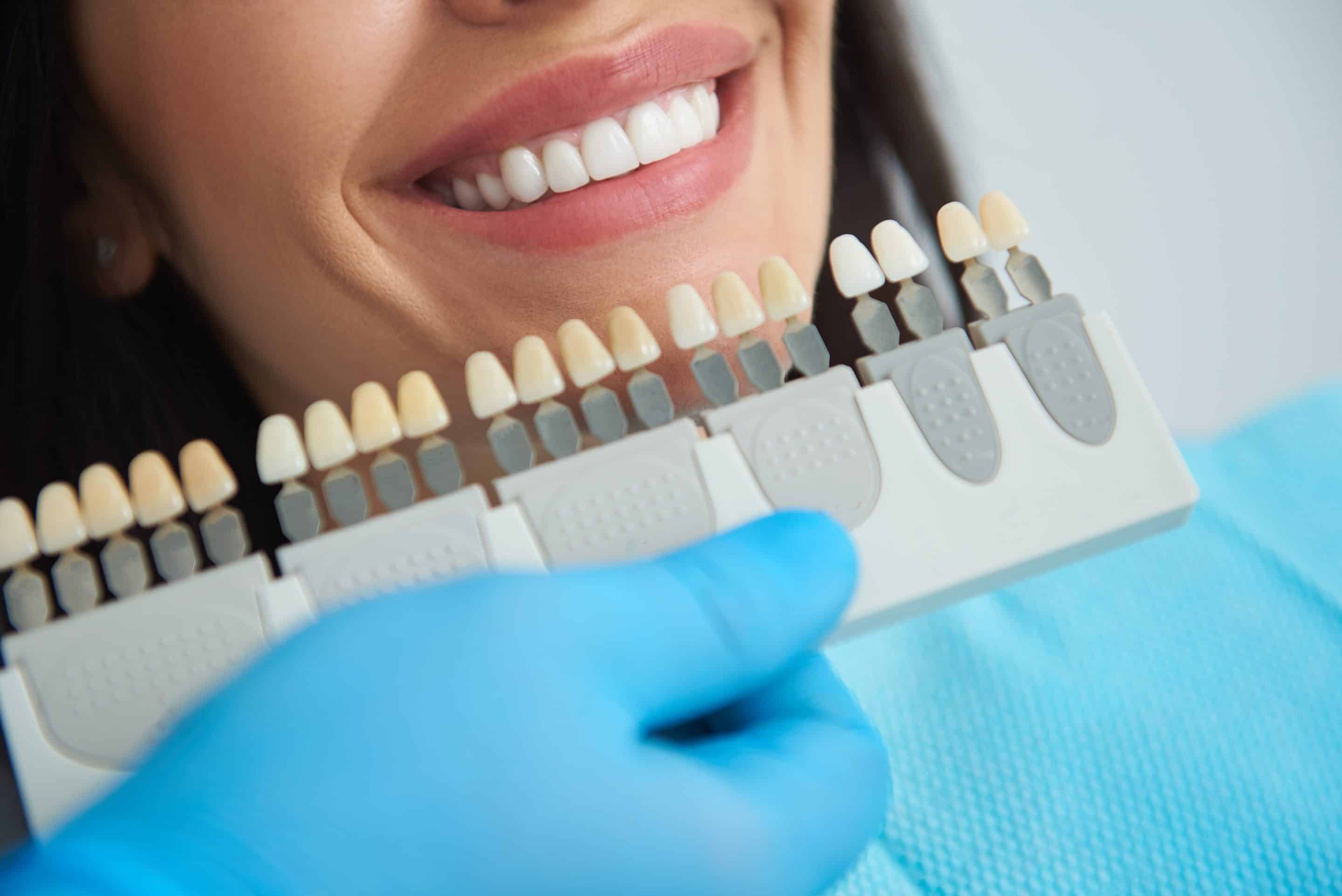TMJ Treatment in Louisville, CO

If you experience pain in your jaw area or hear strange popping noises when you eat and talk, you may suffer from a TMJ disorder. TMJ disorders can damage your teeth, give you headaches, cause sleeping problems, and more. Let the experts at The Dentist in Louisville look closer at your jaw and mouth, so you can get the treatment you need.
What are TMJ/TMD and TMJ Therapy?
TMJ is the shortened version of the temporomandibular joint, and TMD means temporomandibular joint disorder. It means the joint that allows you to open and close your mouth is not functioning the way it should. Symptoms of this disorder include:
- Soreness around the jaw, possibly extending to your ears, neck, and shoulders
- Swelling around the area of the joint
- A locked jaw, in either the open or closed position
- Popping or clicking noises coming from your TMJ when you eat or talk
- A misaligned bite
Other serious problems that can result from TMJ disorders include:
- Headaches
- Dizziness
- Tinnitus
- Ear congestion
- Insomnia
- Sleep apnea
- Bruxism (grinding your teeth)
Dr. Barta at The Dentist in Louisville can treat TMJ disorders using TMJ therapy, which may involve a mouth guard, physical therapy, relaxation techniques, orthodontics, or something else.
How is TMJ/TMD Diagnosed?
Diagnosing a TMJ/TMD issue begins with a clinical examination. The dentist will examine your bite and jaw, watching and listening carefully as you open and close your mouth. X-rays will reveal more of what’s going on with your joint. The dentist will also take a closer look at your dental and medical history.
In some cases, the dentist may recommend taking a CBCT scan or request an MRI to get a fuller picture of the condition of your bone and the soft tissues around the joint. TMJ arthroscopy is sometimes used, too, in which a small tube and camera are inserted into the joint area to allow the dentist to get an inside look.
Who Knew Visiting The Dentist Could Be So Enjoyable?
Short answer: our patients. Come see for yourself today.
What Does TMJ Treatment Look Like?
TMJ treatments can vary from very conservative and noninvasive to more invasive treatments requiring injections and/or surgery.
Conservative treatments for TMJ/TMD may include resting your jaw, practicing good posture, managing your stress, keeping your teeth separated when not eating, and other simple self-care techniques. You can get pain relief from pain medications. The dentist may also recommend anti-inflammatory medications and muscle relaxants.
Physical therapy involving jaw exercises can help realign your bite. You may be told to wear a special appliance in your mouth. TMJ appliances are similar to a traditional night guard with the exception that for an appliance to properly treat your TMD, your joint needs to be guided into its most stable position to relieve pain and pressure that is being placed onto the joint and surrounding muscles.
Orthodontics is an effective way to realign your bite. You could benefit from wearing braces or clear aligners. Some cases may require steroids injected into your joint, or BOTOX used in specific muscles to manage their function. In severe cases, surgery may be required to restructure your joint.
How Can TMJ/TMD Disorder Be Prevented?
Thankfully, there are steps you can take to prevent the painful and damaging effects of TMJ disorders. Since many of the symptoms occur when you are tense or stressed, you can learn more about what makes you stressed and do something soothing to relieve the tension once you become aware of it. Counseling can help with this, too.
Lifestyle modifications, such as cutting your food into smaller bites, eating soft foods, and avoiding chewing gum, can also help prevent TMJ issues. Relaxation techniques and massages are good for your body and mind, and they can prevent several problems, including TMJ/TMD.
Practicing good dental hygiene is important. The better care you provide to your teeth, the less likely you’ll experience major problems. Going to the dentist for regular checkups allows your dentist to keep tabs on the condition of your TMJ, so if problems begin, you’ll be able to treat them in the early stages.
What Other Services Are Available at The Dentist in Louisville?
We offer comprehensive dental services, including:
- Preventive Care: Come in for your regular exams and dental cleanings!
- Emergency Care: We’re here for you when a dental-related emergency occurs.
- Implants: Replace missing teeth with a permanent and durable dental implant.
- Cosmetic Dentistry: Get the smile makeover you’ve always wanted!
- Dental Technology: 3D imaging and digital dental technology help us be more precise and effective in our treatments.

How Do I Find a TMJ Specialist Near Me?
If you live in the Louisville, Colorado area, we encourage you to contact The Dentist in Louisville. Dr. Barta can help you with your TMJ needs, beginning with an initial examination. Schedule an appointment to get started.
